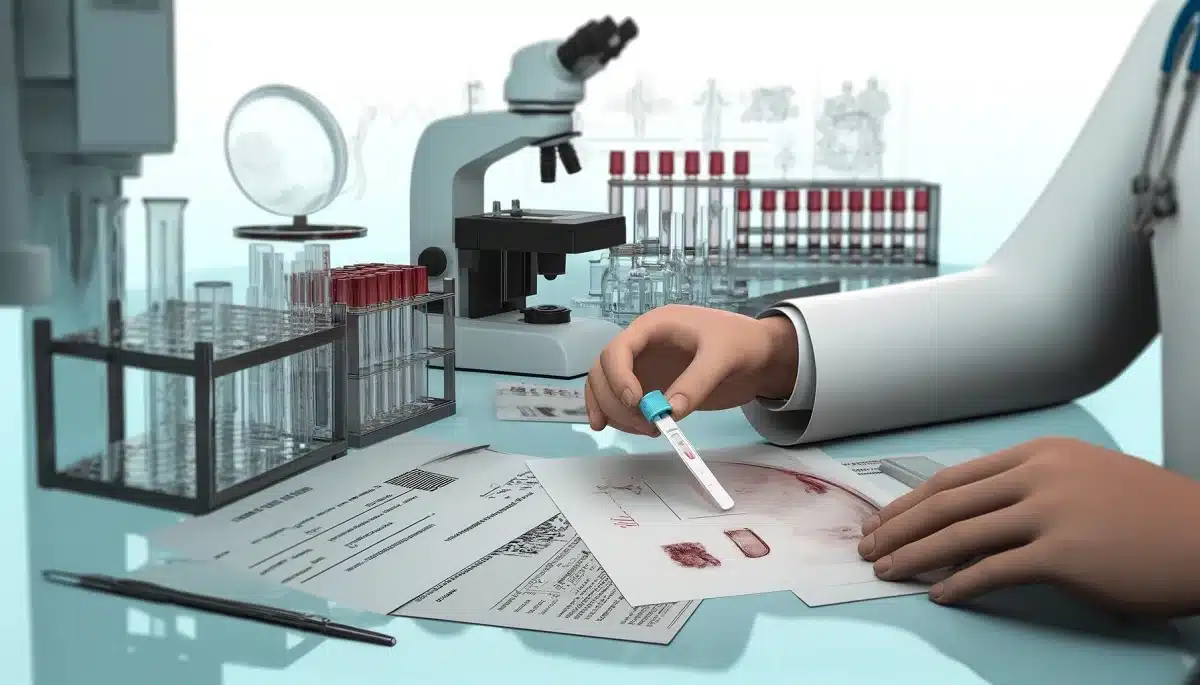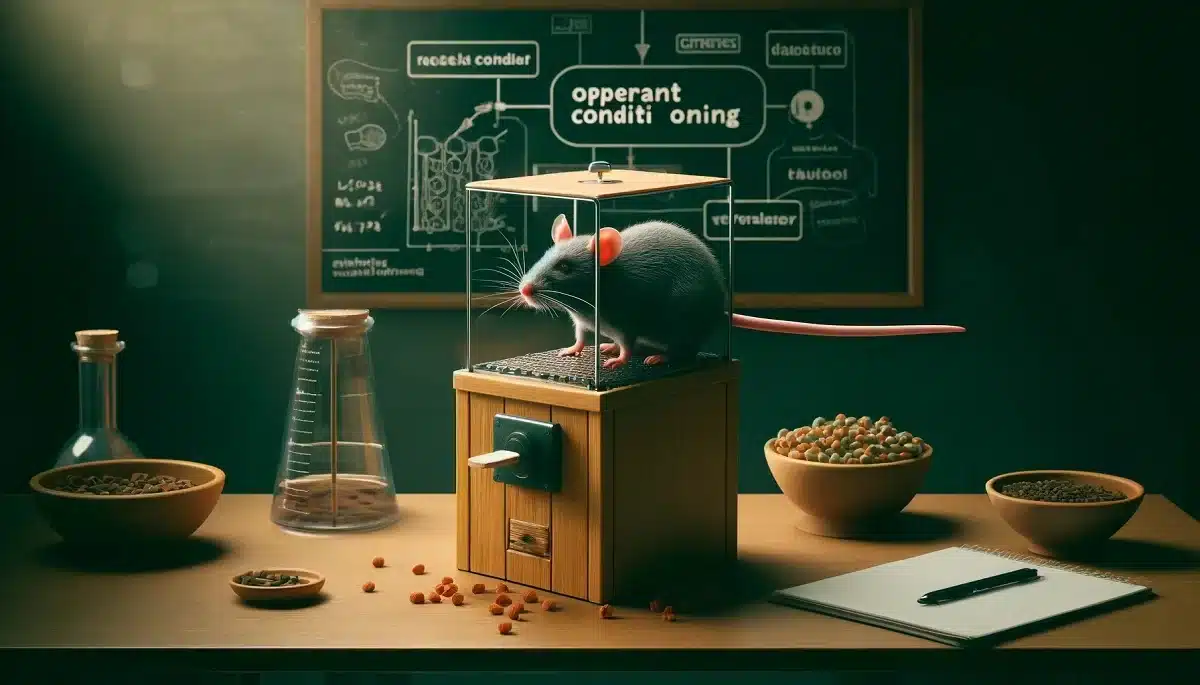Many people are eager to learn about teamwork because it stands as a crucial attribute for anyone collaborating on shared goals. Teamwork not only facilitates the efficient completion of tasks but also conserves significant amounts of time, which can then be allocated to other activities. Moreover, effective teamwork involves an array of skills that individuals must understand and apply to achieve optimal results.

Learn Teamwork
Learning about teamwork is immensely beneficial in today’s environment. To effectively engage in teamwork, one must understand and embody certain key attributes. These attributes facilitate the successful implementation of teamwork and are outlined as follows:
Effective Communication:
- Communication involves an individual’s ability to express their viewpoints to others and to comprehend and execute what others wish to communicate.
- This communication can occur in various forms, be it in-person, electronically, or through phone messaging. The critical aspect is the effective exchange of information and ideas.
- Effective communication is crucial in teamwork, as it ensures the essential sharing of vital information and diverse ideas among team members, aiding in the attainment of goals more swiftly.
Resolving Conflicts:
- Conflicts are a common occurrence in any team setting.
- The key is to manage these conflicts effectively when they arise.
- For the benefit of the team, it is essential to prevent conflicts from escalating and becoming detrimental.
Collaborating with Others:
- Teamwork involves multiple individuals with varied skills and abilities coming together to achieve a shared objective.
- Collaboration is vital for enhancing the team’s overall capabilities and improving each member’s contributions.
- It also fosters the exchange of varied ideas and perspectives among the team members.
Decision Making:
- Decision making might seem straightforward, but it can become complex within a team context.
- Reaching a consensus on a course of action can be challenging due to differing viewpoints.
- Effective team members excel in navigating these situations, especially when decisions are met with dissent.
- The ability to view situations objectively and to prioritize the team’s collective goal over personal preferences distinguishes an effective team member, aiming to satisfy all with the outcomes.
Assuming Responsibility:
- Taking responsibility within a team is crucial.
- When team members embrace responsibility, they channel all their energy and effort into fulfilling the tasks at hand.
- This commitment to responsibility ensures that individuals execute their roles proficiently, contributing significantly to the team’s collective objectives.
Problem-Solving:
- Problem-solving encourages all team members to think strategically and calmly to navigate any challenges encountered in their work.
- It also fosters effective time management, crucial for timely task completion.
- Engaging in problem-solving promotes a culture of collaboration, enabling the team to confront and overcome obstacles collectively.
Workplace Transparency:
- Honesty and transparency are pivotal in any workplace setting. If a team member is unable to fulfill a task, it’s vital they communicate this openly to allow the team time to adapt and address the issue collaboratively.
- Being candid about challenges not only facilitates problem-solving but also enhances the team’s collective experience and knowledge base.
- Transparency fosters trust among team members, which is foundational for effective collaboration and heightened productivity.
Effective Planning and Organization:
- It is essential for every team member to understand and contribute to a coherent plan that is clear to all.
- Effective planning aids in addressing challenges efficiently and streamlines the problem-solving process.
- With a shared plan in place, team members can better organize their time and tasks, coordinate efforts, and establish individual and collective deadlines.
Improving Teamwork Skills
Many individuals seek to learn and enhance their teamwork skills, recognizing the array of benefits teamwork offers, such as expediting task completion and freeing up time for other activities. Here are some strategies to bolster teamwork skills:
Avoid Complaining:
- Address any challenges or issues the team faces without resorting to complaints. Focus on the positives.
- Complaining spreads negative energy across the team, leading to pessimism and collective frustration.
- By eschewing complaints and adopting a positive attitude, the team can progress efficiently, and the eventual success will overshadow any initial grievances.
Discourage Selfishness:
- Selfish behavior undermines teamwork. There isn’t a place for competition among team members since they are all striving towards a common goal.
- The success or failure of one member impacts the entire team, emphasizing the importance of collective achievement.
Enhance Communication:
- Effective communication is pivotal for the success of any team. Conversely, poor communication can lead to misunderstandings and team discord.
- Developing communication skills is essential for active participation in the team, ensuring a collaborative environment where diverse viewpoints are exchanged and respected.
Establish Team Guidelines:
- Establishing clear team rules is beneficial for all members, not just the team leader.
- These rules can help structure team meetings and interactions, fostering a cohesive and productive team environment.
- Examples include prohibiting the use of electronic devices during meetings or setting boundaries for work-related communications outside of office hours to ensure work-life balance and focused collaboration.
Demonstrate Enthusiasm for the Team:
- When a team member has an innovative idea, they should not dismiss it independently but share it with the team for discussion.
- Sharing enthusiasm can be contagious, fueling others’ passion and motivating them to engage in developmental thinking.
- A collective sense of enthusiasm can enhance the team’s vision, encouraging all members to focus on growth and success.
Refrain from Gossip:
- Gossip is detrimental and can significantly undermine team unity, breeding conflict among members.
- Team members should avoid discussing each other in negative contexts. If there’s feedback to be given, it should be communicated directly and respectfully to the concerned individual.
- Direct and respectful feedback fosters a positive environment, whereas gossip can lead to resentment and disrupt team harmony.
Celebrate Team Achievements:
- Acknowledging team success fosters leadership qualities and boosts morale, encouraging team members to excel.
- Celebrating achievements benefits not only the team but also enhances the initiator’s self-esteem, motivating them to continue contributing positively.
- Various methods can be employed to celebrate success, such as organizing a team outing, offering small rewards, or providing verbal acknowledgment, all of which can significantly bolster team spirit.
Benefits of having teamwork skills
The benefits of possessing teamwork skills are manifold and impactful, facilitating various advancements and aiding in the attainment of set objectives. These advantages include:
- Fostering a sense of unity within the work team, enhancing commitment to shared goals.
- Offering a diversity of viewpoints, ideas, and positive contributions, which collectively drive the team towards significant success and progress.
- Accelerating the completion of tasks, often finishing ahead of schedule, and boosting overall efficiency.
- Providing a platform for mutual learning, where team members can acquire new competencies and gain varied experiences.
- Encouraging a culture of continuous improvement by understanding the complexities of tasks and the collective drive to enhance performance.
- Discouraging individualistic behavior and promoting a team-oriented approach that prioritizes collective success over personal accolades.
Stages of creating an outstanding collective work team
Creating an outstanding team involves a series of developmental stages, each critical for evolving from a group of individuals to a high-performing, cohesive unit. These stages are as follows:
Forming Stage:
- Initially, the team goes through the forming stage, characterized by initial distractions and a lack of cohesion.
- At this point, members act independently toward a shared goal without the need for close coordination or integration.
Storming Stage:
- Transitioning from a working group to a team, members experience a decline in performance due to unfamiliarity with collaborative practices and personal differences.
- It is crucial for the team leader to exhibit strong leadership skills to navigate this phase successfully and prepare for the next development stage.
Norming Stage:
- As members acclimate to teamwork, they reach the norming stage where consensus on communication, work styles, and primary objectives begins to form.
- Mutual understanding and harmony grow, fostering trust and kindling team spirit, which subsequently enhances performance and achievements.
Performing Stage:
- In this phase, the team’s culture matures, and members effectively operate as a unified entity.
- They support each other, envision a collective future, and manage internal conflicts constructively, all while executing tasks that reinforce the team dynamic.
- This stage empowers the team to embrace new opportunities and secure greater accomplishments.
High-Performing Team:
- Through continuous development, learning, and individual skill enhancement for the team’s benefit, members reach the high-performing stage.
- Such teams achieve exceptional successes, solidify their strength, elevate their status, and become recognized for their excellence.
Teamwork goals
Mastering teamwork is crucial in today’s world as it aligns with the continual pursuit of self-improvement, success, and progress. The objectives of effective teamwork include:
- Enhancing an individual’s skills through collaborative efforts and shared experiences.
- Fostering a culture of cooperation, highlighting its significance in achieving collective success and advancement.
- Encouraging the assumption of various responsibilities, which aids in the constructive development of an individual’s character and the capacity for making considered decisions.
- Stimulating positive competition among team members, prompting each person to showcase and develop their best abilities.
- Cultivating a continuous quest for new knowledge, facilitating its exchange and discussion within the team.
- Instilling respect for diverse viewpoints and fostering an environment where differing opinions are heard and valued, irrespective of personal agreement.
- Enhancing interpersonal skills, enabling individuals to address disagreements diplomatically and respectfully.
- Bolstering self-reliance and confidence, empowering individuals to trust their capabilities and realize their potential contributions.
- Advancing problem-solving skills, promoting innovative approaches to challenges, and mastering crisis management to navigate obstacles effectively.





